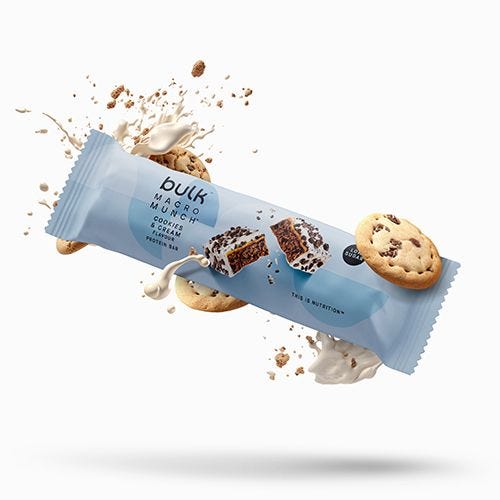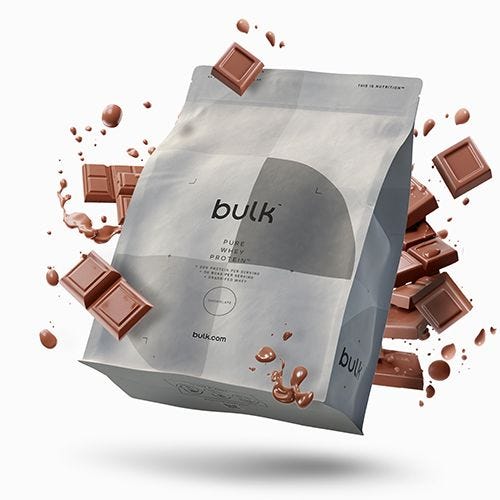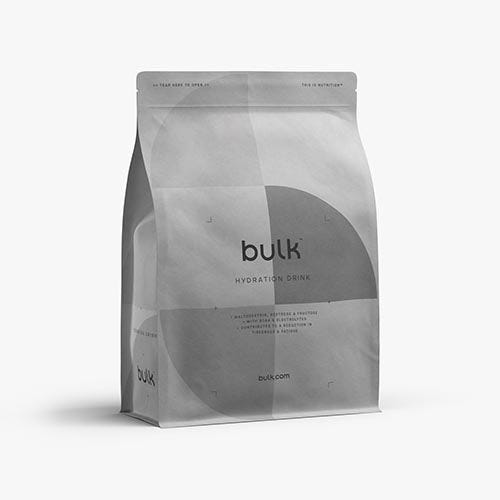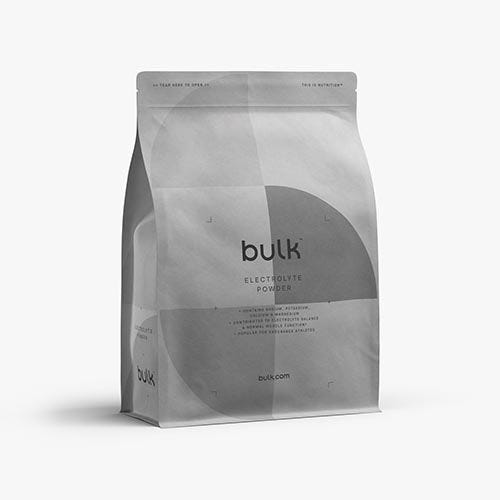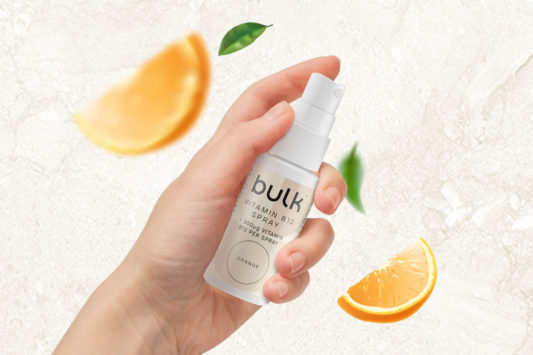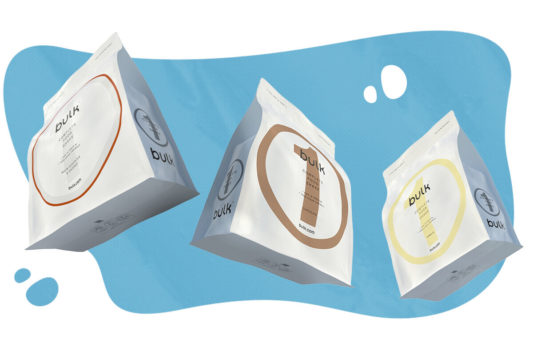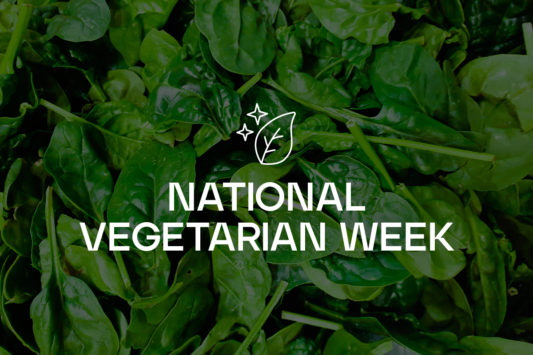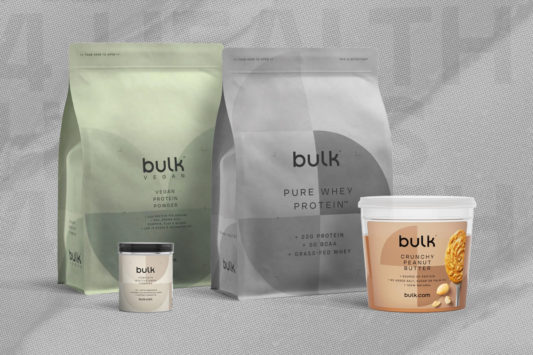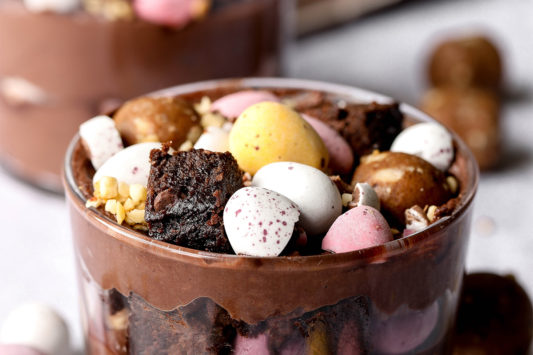There are so many myths about pre-workout meals. From fuel-ups to fasting, everyone has their own idea about what to eat before a workout. So if you’re not sure what’s best for you, we’re here to clear things up. With some help from our qualified sports nutritionist, Abi Roberts, we look at the science around pre-workout meals.
What is the best pre-workout meal?
A good pre-workout meal contains protein and carbs. This also depends on the kind of training you’re about to do (which we’ll come onto later). Many sports nutritionists break it down into grams of carbs depending on how long before your workout you’re eating.
It also depends on time. If you’re well-prepared and have your meal two-three hours before, your needs will be different if you have just thirty minutes.
- 30 minutes: 30g carbohydrate, some protein
- One hour: 70g carbohydrate, 10g protein
- Two hours: 150g+ carbohydrate, 20g+ protein
Footballers famously have a meal of chicken and pasta two to three hours before kick-off. This is about as optimum as you can get for a pre-workout (or pre-match) meal.
“The best pre-workout meal combines carbohydrates and protein. This provides energy and supports muscle recovery. Examples include Greek yoghurt with fruit, protein porridge, egg on toast or a chicken wrap.
If you have less than one hour before your workout, focus on fast-digesting carbohydrates. This could be as simple as peanut butter on toast, a banana or a handful of dried fruit. These foods provide a quick energy boost due to limited digestion time”, says Abi.
What are the best pre-workout foods?
The best pre-workout foods are good sources of both carbohydrates and proteins. These include:
- White rice (fast-digesting than brown rice and less fibre)
- Pasta
- White wrap/bread
- Lean protein such as chicken or fish
- Eggs
- Oats
- Nuts (including peanut butter)
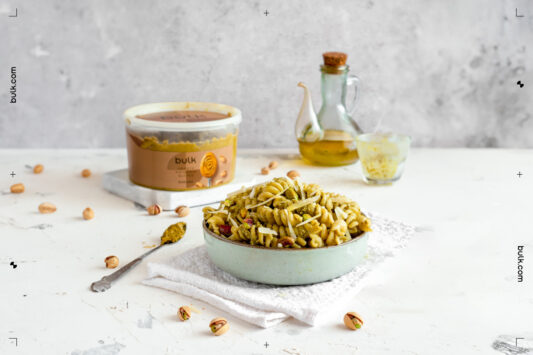
Pre-workout snacks
The best pre-workout snacks are similar to the best post-workout snacks. What do they have in common? Fast absorption.
If you don’t have time to have a full meal, here are some of the best pre-workout snacks.
- Banana
- Dried fruit
- Greek yoghurt
- Rice cake
- Protein bar (see our article which talks all about eating a protein bar before or after workouts)
- Protein shake
“When you consume fast-digesting carbs, they are rapidly broken down into glucose. This serves as a readily available source of fuel for your muscles during exercise. Since there is limited time for proper digestion of other slower-digesting nutrients like protein, fats and fibre, fast-digesting carbs are quickly utilised by your body.
This ensures that you receive an immediate energy boost without experiencing any possible discomfort or fatigue. This helps to enhance your performance” says Abi.
What to eat before a workout to build muscle
“There are some key nutrition principles to consider in an optimal diet for building muscle. This includes consuming adequate protein, calories and nutrient-dense foods. However, the fundamental recommendations for a pre-workout meal remain unchanged. This is regardless of the goal.
It’s still essential to prioritise a balanced meal that includes a combination of protein and carbohydrates to fuel your workout effectively”, says Abi.
Whilst the benefits of consuming protein after a workout are widely recognised, it’s a lesser-known fact that pre-workout protein can also help to maximise your results. Studies have shown that the same benefits gained from consuming protein after training can be gained by taking protein pre-training.
However, it’s recommended to include carbs with protein in your pre-workout meal/snack. Carbohydrates provide you with energy and allow your body to utilise more carbs for fuel rather than protein.
Consuming protein pre-workout kick starts muscle protein synthesis during your training, rather than after you’ve finished. This results in optimal increases in muscle mass. Gains aside, one particular study found having protein pre-workout resulted in an increased calorie burn over the next 24 hours.
What is the best pre-workout meal for cardio?
“Some examples of pre-workout meals before cardio include toast with nut butter and banana, fruit, yoghurt, porridge and smoothies. Remember to allow enough time for digestion, hydrate adequately, and consider intra-workout strategies when doing long-endurance sessions”, says Abi.
If your preferred training is cardio-heavy or of a longer duration (above 60 minutes), then your pre-workout meal should be carb-rich. Carbs play an important role in providing your body with sufficient energy to endure prolonged bouts of exercise. This is because your muscles will use the glucose from the carbs for fuel. Glycogen is how the body processes and stores glucose, predominantly in the liver and muscles.
For quick and high-intensity workouts, your glycogen stores are the main source of energy for your muscles. However, for longer duration exercise, carbs are used for fuel but to what extent is dependent on several factors.
These include the type of training, the intensity of the training and your overall diet. Aim for complex carbohydrates such as sweet potato, whole wheat bread or pasta, rather than simple carbohydrates such as sugary snacks or crisps.
Complex carbs provide a slower, sustained release of energy, rather than a quick spike in energy which leads to a rapid dip shortly after which can often leave you feeling lethargic and tired.
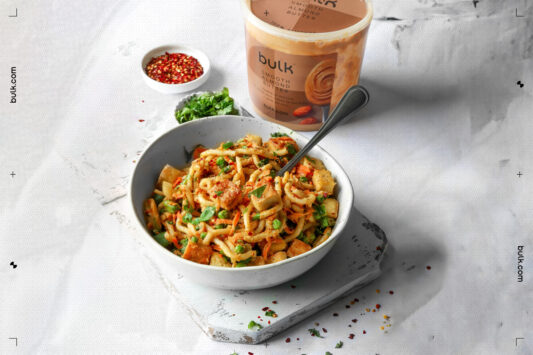
What to eat before a morning workout?
The best morning pre-workout meal is no different to a pre-workout meal any other time. It’s just more difficult to stomach certain foods more associated with later in the day. Not many people fancy a bowl of pasta at the start of the day.
Many trainers, dietitians, and sports nutritionists break it down into grams of carbohydrate depending on how long before your workout you’re eating. Here’s some examples of morning-friendly pre-workout meals.
30-120 minutes before
- A large banana or two small pieces of fruit.
- A slice of white bread with one tablespoon of peanut butter.
- Banana and protein shake
Pre-workout meal for weight loss?
While pre-workout nutrition is important for optimal performance, it is not directly tied to weight loss. Weight loss primarily depends on principles like being in a calorie deficit and consuming a balanced diet.
“Pre-workout meals should align with overall calorie goals, but the recommendations for pre-workout nutrition remain consistent regardless of weight loss goals,” says Abi.
What about pre-workout supplements?
Pre-workout supplements can be really useful for providing an energy boost and enhancing performance during workouts. They often contain trusted ingredients that are known to increase alertness and delay fatigue, thus optimising performance output.
“However, it’s key to note that they should not be solely relied upon. A pre-workout supplement should be viewed more as a tool to gain an extra edge on performance rather than a replacement for a pre-workout meal”, says Abi.
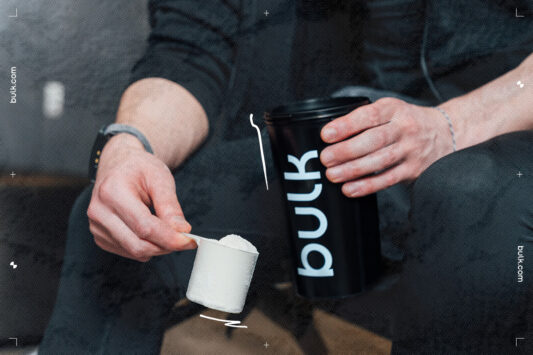
What should I avoid eating in a pre-workout meal?
It’s recommended to steer clear of foods that can cause discomfort or hinder performance. While these foods may vary among individuals, some common culprits include heavy, high-fat meals like greasy dishes, high-fibre foods, spicy foods and those high in sugar. The digestion rate of fat and fibre is slower, which can disrupt your gut and impact performance during exercise.
“The most dished out advice by sports nutritionists is to avoid trying new or unfamiliar foods, especially before important events or races. When prioritising performance on a particular day, it’s best to stick to familiar options. However, individual tolerance to foods can differ, so paying attention to what works best for you is important too”, says Abi.
Frequently asked questions
What should I eat 30 minutes before a workout?
Your pre-workout meal 30 minutes before a workout should ideally have fast-absorbing carbs with a little protein. Examples include things like banana, dried fruit, Greek yoghurt, rice cakes and protein bars.
Should I eat anything before a workout?
Yes, if you want to. Studies suggest that carbohydrates before exercise improves workout performance, allowing you to work out for longer. If you don’t eat, you might feel sluggish or lightheaded when you exercise.
The truth is, the optimal pre-workout meal is subjective. Some people prefer to train on a full stomach, using the resources for performance. Others prefer to be less full, feeling lighter and less sluggish when moving the weights.
We believe in encouraging everyone to find their passion for exercise. For more fitness content, check out @bulk for recipes, ambassador workouts and gym tips. Join our community of fitness lovers and foodies.
The science says training with glycogen stores full will increase performance, so there’s a balance to be had. Preference is key, but understanding the physiological effects of a pre-workout meal is also important to optimise your training.
Related articles
Looking to learn more? We believe that every person, with support, has the right to transform their lives through fitness. As well as what to eat before a workout, we’ve put together hundreds of articles with expert advice, all to help you on your fitness journey.
What does pre-workout do?
Cardio and pre-workout
Why does pre-workout make you itch?
Creatine in pre workout











